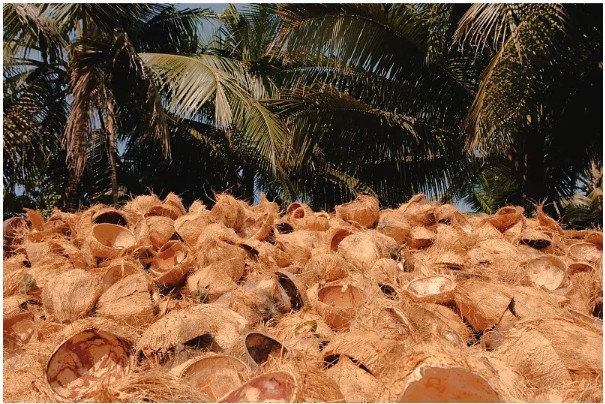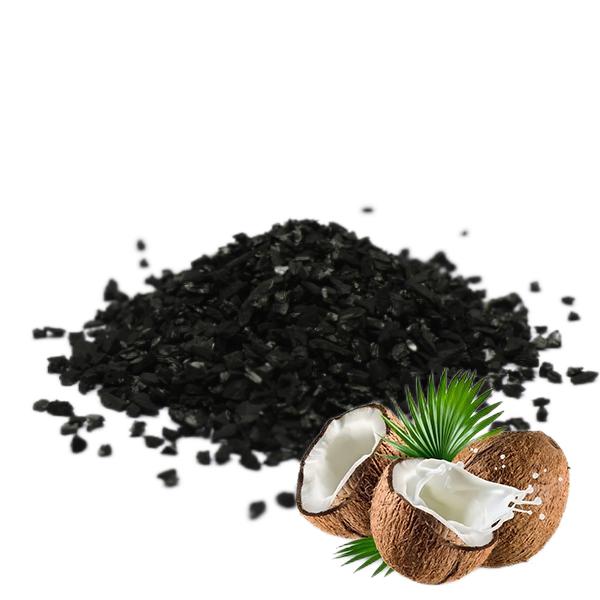What Should We Consider When Select High-quality Coconut Shell Activated Carbon

Source of Coconut Shell:
The quality of the activated carbon is heavily influenced by the source of the coconut shells. Ensure that the coconut shells used are of high quality and free from contaminants, as this can impact the final product's effectiveness.
Activation Method:
The activation process greatly affects the characteristics of the activated carbon. There are two common activation methods: physical activation (e.g., steam activation) and chemical activation. Steam activation is preferred as it produces high-quality activated carbon with larger surface areas and excellent adsorption properties.
Surface Area and Pore Structure:
The efficiency of activated carbon depends on its surface area and pore structure. Higher surface area and a well-developed pore structure (micropores and mesopores) contribute to better adsorption capacity. The surface area is usually measured in square meters per gram (m²/g).
Adsorption Capacity:
The adsorption capacity of activated carbon determines its ability to remove impurities. It is measured by parameters like iodine number (mg/g) and methylene blue (mg/g). Higher values indicate better adsorption capabilities.
Particle Size:
The particle size of activated carbon can impact its performance in specific applications. Finer particles generally have more surface area and are more suitable for liquid phase applications, while coarser particles are often used in gas phase applications.
Ash Content:
Low ash content is essential for high-quality activated carbon. Excess ash can lead to undesirable side reactions and reduce the active sites available for adsorption.
PH and Moisture Content:
The pH and moisture content can influence the chemical properties and stability of activated carbon. Ensure that the pH is within an appropriate range, and the moisture content is minimized for better storage and handling.
Certification and Testing:
Look for activated carbon that meets international standards, such as ASTM (American Society for Testing and Materials) or ISO (International Organization for Standardization). Manufacturers may provide test reports showing key parameters like surface area, adsorption capacity, and impurity levels.
Application-Specific Considerations:
Different applications have specific requirements. Ensure the activated carbon you choose is well-suited for your intended use, such as drinking water treatment, air purification, or gold recovery.
Supplier Reputation:
Choose a reputable supplier with a track record of providing high-quality activated carbon. Customer reviews and testimonials can give insights into the supplier's reliability and product quality.
Remember to thoroughly research and compare different products and suppliers before making a purchase. By considering these factors, you can increase the likelihood of selecting high-quality coconut shell activated carbon for your specific needs.

